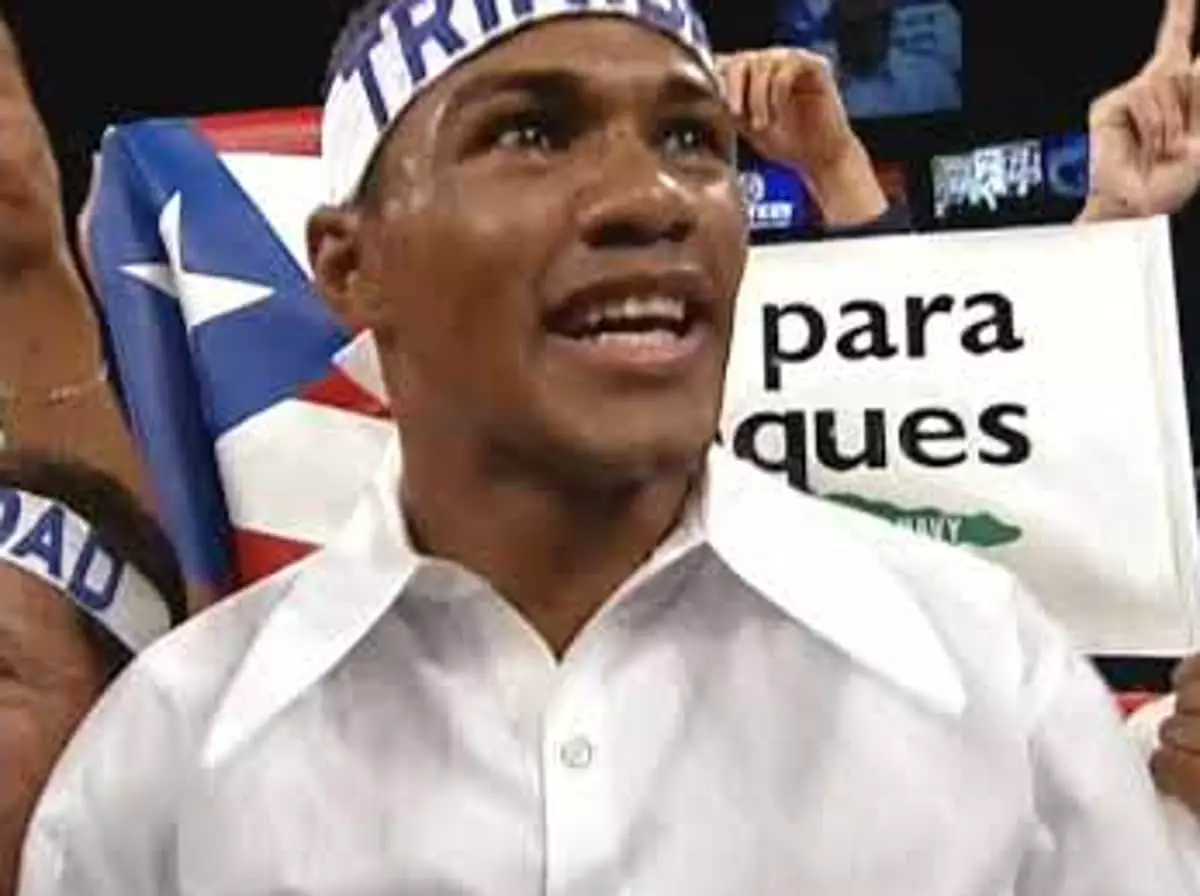The bout between Felix Trinidad and Oscar De La Hoya, held on September 18, 1999, at Mandalay Bay in Las Vegas, represents a watershed moment in boxing, one that has evoked passionate discourse for over two decades. Few fights in the sport’s storied history carry the weight and intrigue that this welterweight unification clash did. Known to fans as “The Fight of the Millennium,” it pitted two unbeaten champions against each other: Oscar De La Hoya, the charismatic Mexican-American superstar boasting a record of 31 wins, including 25 knockouts, and Felix Trinidad, the proud Puerto Rican warrior with a flawless slate of 35 wins and 30 KOs. The aura surrounding them and the stakes of unifying the WBC and IBF titles created a fervor and anticipation that boxing fans still remember with nostalgia.
Contrary to expectations of a toe-to-toe slugfest akin to historic battles like Hagler vs. Hearns, the Trinidad-De La Hoya matchup showcased an intensity of strategic finesse. It unfolded more as a high-stakes chess match rather than the bombastic brawl many had anticipated. From the outset, De La Hoya employed a tactical, methodical approach, showcasing his boxing acumen by controlling the early exchanges and effectively piling on points. For the first nine rounds, he appeared to dominate, exhibiting a performance that some historians might classify as a masterclass in boxing technique.
However, boxing is as much about statistics and scorecards as it is about the psychological dynamics within the ring. While De La Hoya felt comfortable with his lead, the scores from the judges told a different story, igniting debate. Two judges scored it in his favor but by marginal margins, while a third had it tied at 86-86, raising the specter of a possible upset.
As the fight progressed into the championship rounds, De La Hoya, feeling the weight of the contest, notably diminished his activity, a choice that many would argue proved detrimental to his outcome that night. This decision to “box to victory,” as he later explained, drew criticism, suggesting a form of retreat rather than a continuation of his earlier dominance. Trinidad seized the moment, decisively sweeping the final three rounds, showcasing his resilience and proving why he was champion.
When the final bell rang, both fighters claimed victory; however, it was Trinidad who was awarded the majority decision, with controversial scores of 115-113, 115-114, and 114-114. The aftermath sparked widespread discussions, and vocal opponents to the decision, including former heavyweight champion Mike Tyson, echoed the sentiment that De La Hoya was robbed of his title. This moment crystallized the debate surrounding subjective scoring in boxing, raising questions about judges’ perspectives and how fights could be interpreted in markedly different ways.
Unlike other iconic bouts rich with rematches and definitive closures, the Trinidad-De La Hoya fight regrettably never saw a sequel. De La Hoya exited the ring visibly dejected, grappling with not only the loss but also the broader media storm that followed. The perception that he was robbed of victory exacerbated his disappointment, leaving a stain on his otherwise illustrious career.
The debate surrounding the fight solidified its mythology; much like the polarizing decision in Sugar Ray Leonard vs. Marvin Hagler, the opinions on this bout diverged sharply. Every mention of Trinidad and De La Hoya rekindles the discussions surrounding the integrity of judging in boxing, the weight placed on championship rounds, and the psychology of fighters as they navigate the pressure of high-stakes competition.
The Trinidad-De La Hoya clash serves as a symbol of what boxing represents—a beautiful mix of strategy, emotion, and undeniable skill. It encapsulated the hopes and dreams of countless fans, while simultaneously highlighting the sport’s inherent unpredictability. As enthusiasts continue to debate who truly won that faithful night in Las Vegas, the legacy of Trinidad and De La Hoya, woven through the fabric of boxing history, stands as a testament to the dramatic allure of the sport. To this day, boxing fans remain relentless in their inquiries: Who do you think won the legendary matchup between Trinidad and De La Hoya? The answer may never be universally agreed upon, ensuring the fight’s place in boxing lore remains etched for generations to come.

